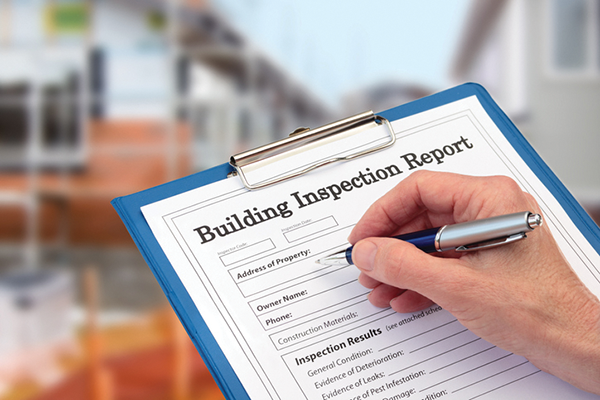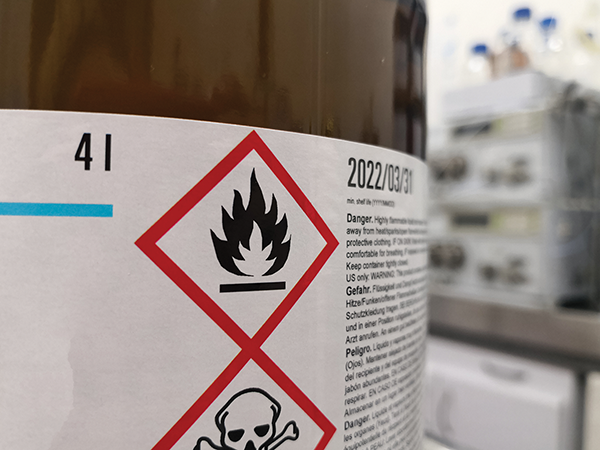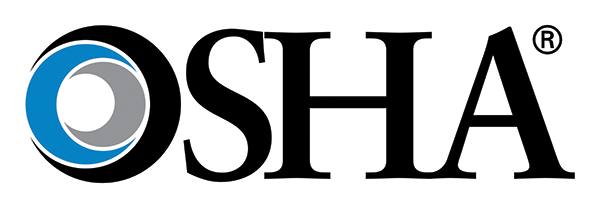New York building inspector charged for taking bribe

|
A New York Department of Buildings inspector has been charged with taking a $1,200 bribe in exchange for not citing a construction firm that had continued working despite a stop-work order, according to constructiondive.com.
Francesco Ginestri was charged Feb. 10 with solicitation and receipt of a bribe related to his agreement to ensure the DOB would not issue a $25,000 fine in connection with the stop-work order. He was released on a $150,000 bond; if convicted, he faces a maximum sentence of five years’ imprisonment.
According to the complaint, on July 31, 2020, Ginestri reinspected a construction site in Flushing, N.Y., after a stop-work order was issued for safety violations earlier that month. During a conversation with two members of the construction team, Ginestri showed them a piece of paper with a handwritten question asking whether work had continued. After the individuals confirmed it had, he told them not to worry and they could “reach an agreement.”
Ginestri solicited a $1,200 cash bribe from the site supervisor in exchange for ensuring the DOB would not issue a $25,000 fine to the company. The supervisor—who was promised a more lenient sentence in his own mail fraud and money laundering case for his cooperation—participated in calls to and a meeting with Ginestri discussing the bribe and providing the payment under the supervision of federal law enforcement agents.
OSHA proposes updates to Hazard Communication Standard

|
The Occupational Safety and Health Administration has issued a notice of proposed rulemaking to update its Hazard Communication Standard of 2012 to align with the seventh revised edition of the United Nations’ Globally Harmonized System of Classification and Labelling of Chemicals.
The proposal primarily is focused on technical aspects of the regulation applicable to manufacturers, importers and distributors of chemicals used in the workplace and likely will not create additional compliance obligations for roofing contractors. Revisions include the addition of new hazard classes and categories; new labeling requirements for small containers; a requirement to add chemical reaction hazards to Section 2 of safety data sheets; and several new or revised definitions.
OSHA expects the Hazard Communication Standard update will increase worker protections and reduce the incidence of chemical-related occupational illnesses and injuries by further improving the information on the labels and safety data sheets for hazardous chemicals. Proposed modifications also will address issues that have arisen since implementing the 2012 standard and improve alignment with other federal agencies and Canada.
OSHA is requesting comments regarding how the Hazard Communication Standard should be revised in the future to align with changes to the Globally Harmonized System of Classification and Labelling of Chemicals in a timely manner. Comments are due April 19.
OSHA to oversee worker retaliation complaints under new laws

|
On Feb. 19, the Department of Labor announced the Occupational Safety and Health Administration now is overseeing worker retaliation complaints filed under two new whistleblower statutes—the Criminal Antitrust Anti-Retaliation Act and the Anti-Money Laundering Act.
Under the Criminal Antitrust Anti-Retaliation Act, OSHA will investigate individual whistleblowers’ complaints of retaliation for reporting criminal antitrust violations to their superiors or the federal government or for showing cause, testifying or participating in, or otherwise assisting an investigation or proceeding related to antitrust law violations.
In Anti-Money Laundering Act cases, OSHA will investigate individual whistleblowers’ retaliation complaints for reporting money laundering-related violations to their superiors or the federal government or for showing cause, testifying or participating in, or otherwise assisting an investigation or proceeding related to a violation of anti-money laundering laws.
Until OSHA issues interim final rules, the agency will process whistleblower complaints related to these statutes using procedures under the Wendell H. Ford Aviation Investment and Reform Act for the 21st Century.
COMMENTS
Be the first to comment. Please log in to leave a comment.